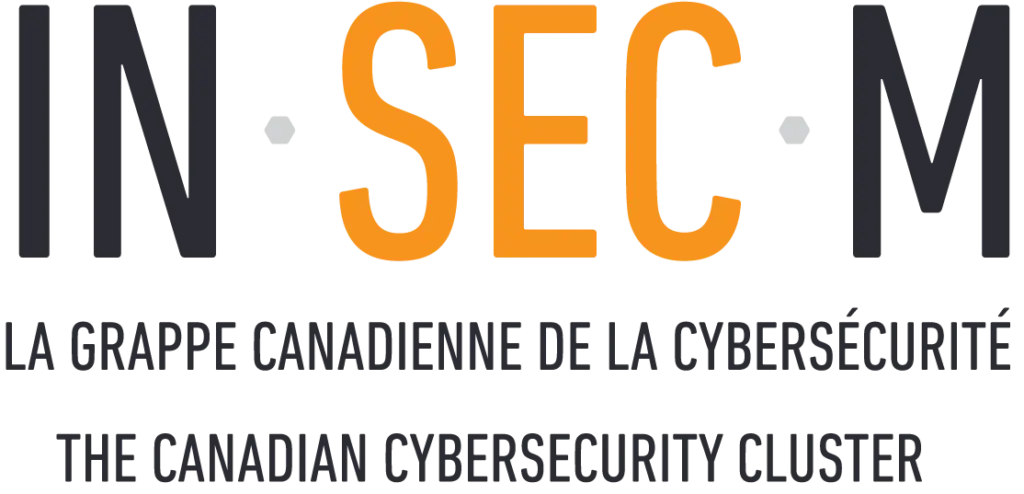Q&A with Kate Mitchell, F12’s Head of Marketing
What’s your company’s origin story? What brought your team together?
The F12 key used to do nothing. We changed that.
F12 started in a basement — not as a product of venture funding or hype, but out of a real-world need: businesses struggling to keep IT working, secure, and scalable. Our founder, Alex Webb, didn’t set out to build a national leader in cybersecurity and managed IT. He set out to solve problems, one client at a time.
That spirit hasn’t changed; what has changed is the threat landscape. In the early 2000s, F12 pioneered managed services in Canada, long before it was the norm. Today, we bring that same foresight to cybersecurity. We built F12 so Canadian businesses don’t have to scramble when the alert hits.
Instead, they can press one button — the real F12 key — and know they have a partner who’s already two steps ahead.
Given that cybersecurity risk is global, where do Canadian companies fit in? What can we do better than anyone else?
Cybersecurity isn’t just a technical challenge in Canada; it’s a business responsibility. Canadian businesses are under increasing pressure to meet regulatory expectations, defend critical infrastructure, and maintain operational continuity. But we approach it differently than our global peers. There’s less noise, and more accountability; less selling fear, and more solving real problems.
At F12, we see Canadian firms excelling in two ways:
First, we operationalise cybersecurity by embedding it into IT delivery, not bolting it on.
Second, we take a more transparent, client-first approach. That’s why we call out MDR misuse in the industry — because cybersecurity isn’t just tools, it’s trust.
The global threat is real. But Canada’s strength is quiet leadership and resilience built on doing the work, rather than just talking about it.
What’s the best question you’ve ever been asked about what you do?
“So… are you like Geek Squad for grown-ups?”
Honestly, it caught me off guard — but it also opened the door for a real conversation. Because no, we’re not here to fix your Wi-Fi and install your printer. We’re here to keep your business alive when ransomware hits at 2am; to make sure your compliance auditor doesn’t have a panic attack; and to help your internal IT team sleep through the night without checking alerts every 10 minutes.
We’re not Geek Squad. We’re the grown-ups they call when things really go sideways.
What changes have you seen in Canadians’ awareness of cybersecurity in the past five years?
Awareness is up. But action? Still lagging.
Most Canadian business leaders now know cybersecurity is a real risk. They’ve seen the headlines: ransomware at hospitals, swatting at law firms, outages crippling national supply chains. But knowing the threat isn’t the same as being ready for it. That’s the gap we’re still seeing across the board.
Too many businesses are still betting on luck, waiting for budget cycles, or assuming their MSP has it handled. Meanwhile, attackers aren’t waiting. They’re faster, smarter, and increasingly automated.
Awareness without execution isn’t strategy, it’s exposure.
What excites you about the work being done in cyber in Canada right now?
Cybersecurity is finally getting the attention it deserves.
For years, IT was treated like a utility — kept in the basement, underfunded, and only noticed when something broke. That’s changing. AI has kicked the door wide open. Suddenly, boards want to understand exposure, risk, and governance. They’re asking real questions about how data flows, who has access, and what happens when (not if) something goes wrong.
That shift — where cybersecurity is now tied to innovation, compliance, and resilience — is what excites us. It’s not just about stopping threats anymore. It’s about building smarter, faster, more secure businesses.
That momentum is long overdue. And it’s why we’re all in.
Where and how do you want to see your product or service make an impact in the next five years?
In five years, we want F12 to redefine what “good” looks like in Canadian IT and cybersecurity.
Today, too many businesses settle for support that’s reactive, fragmented, and impossible to measure. That’s no longer acceptable. The stakes are too high, AI is accelerating both innovation and threat velocity. Compliance pressures are rising. Downtime is more costly than ever.
Our goal is to give Canadian businesses something better: measurable confidence.
That means replacing vague service level agreements with outcome-driven commitments. It means turning co-managed IT into a true partnership, not a handoff. And it means helping business leaders translate risk and performance into boardroom language.
In short: we’re not chasing market share. We’re building market standards. In five years, cybersecurity won’t be a bolt-on. It’ll be the backbone. We intend to be the most trusted name behind it.



